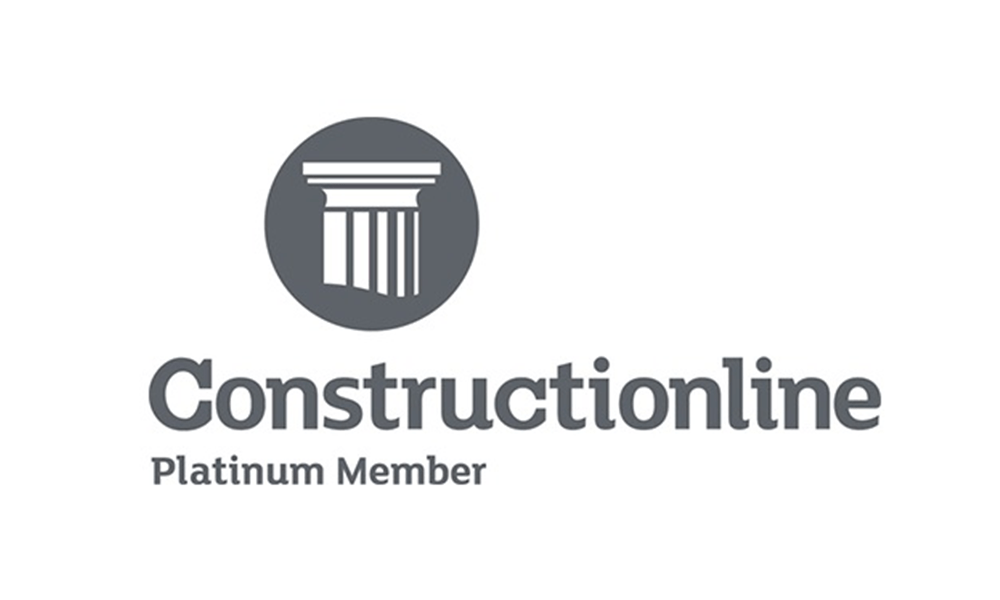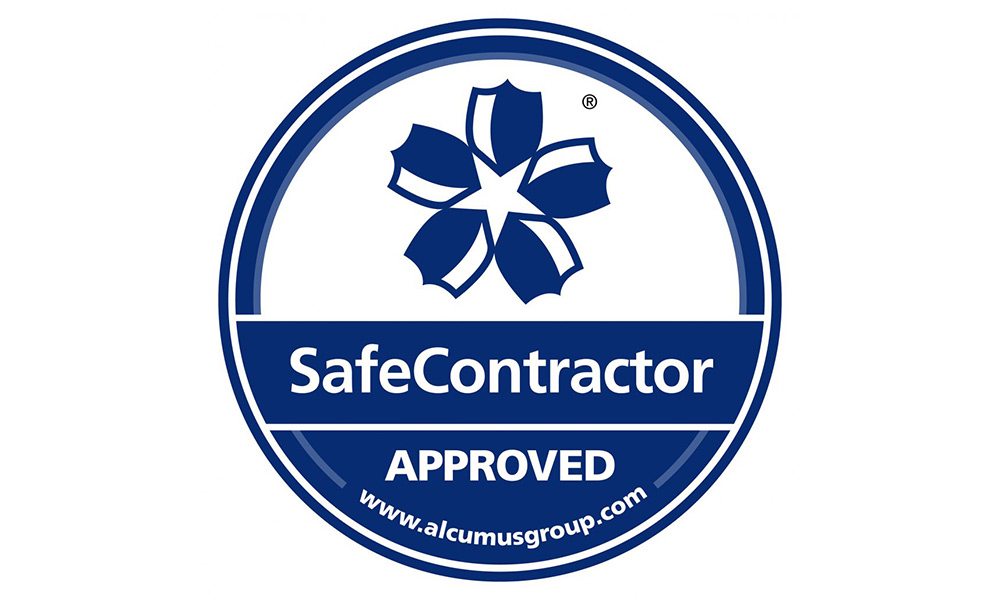Last week we published Part One (click here) with our Finance Director Penny Dew and three colleagues – Pambos Patsalides, Laura Ambrose and Paul Reynolds – from our accountant and business advisers Haslers. Here, in the second and final part of this series, they talk about protecting businesses, remote audits and the lessons they’ll be taking into a post-pandemic world.
How can SMEs protect themselves in the face of the pandemic both in the short and long term?
Penny Dew: Cash is the lifeblood of any business and managing it is key. For me, one of the most important documents I work with every day is our cash flow forecast. At Pexhurst, we are very fortunate to be financially stable with a strong cash reserve. We already had the systems in place to manage and monitor cash flow when the pandemic hit, which meant I was very easily able to see both the short and long term situation and manage it accordingly. My advice to any SME would be to set up a cash flow forecast, with the help of your accountants if needed, to identify potential problems or pinch points as soon as possible and put measures in place to get through any difficult times ahead.
Laura Ambrose: I agree with Penny. Unfortunately, we’re not yet sure when we’ll come out of this or the true economic impact, so cash flow is key. If companies maintain and protect their cash flow position from now, this will assist them into the second half of this year and even into next.
Pambos Patsalides: I also think it’s really important that businesses have a plan B for all projects, are flexible and can adapt to change, have good cloud systems in place and are able to work remotely if the industry allows it.
Paul Reynolds: I agree with all of the above, but I also think SMEs should protect their assets by separating out value from ongoing trade values.
How does a remote audit feel different from a regular one and what challenges have you had to overcome?
Penny Dew: The only real difference has been that the audit team is not on site. However, with daily phone calls and the use of MS Teams screen share, the process has been surprisingly efficient. To help minimise the impact, it’s paramount to have a good relationship with your auditors and make sure they have a really good understanding of your business.
Laura Ambrose: It can be difficult to build a good rapport with clients remotely, but to help alleviate this we’ve prioritised planning. This involves agreeing with the client a clear process, identifying the information we need from them and setting up the most efficient communication channels, such as video conferencing. It’s also important to realise our clients’ priorities are constantly shifting, so understanding that has been key.
Pambos Patsalides: Thankfully we’ve been able to overcome any obstacles, such as access to information and communication, with technology.

How will you adapt your ways of working in a post-COVID-19 world?
Penny Dew: Several of our team members had never worked remotely before this, but we all stepped up to the challenge! We will take what we have learnt and continue utilising technology to improve how we work in the future. For example, we found that internal and external meetings can be just as effective when held remotely as it allows the whole team, even those on-site, to dial in. We have since installed webcams and microphones on all of our head office computers and plan to utilise a mix of remote and face-to-face meetings moving forward.
Pambos Patsalides: If this period has proven anything, it’s the importance of a good cloud-based system and the benefits of having a paperless office. Going digital is an ongoing process, and I think we’ll continue to adapt and improve our ways of working long after this is all over.
Follow us on LinkedIn – https://www.linkedin.com/company/pexhurst-services-limited/










